Top e-commerce solutions
E-commerce can get complicated. You have to build and maintain an online store, manage customer orders, calculate costs, collect payments, provide order tracking information, and those are just a few of the hassles. Fortunately, there are a number of software solutions designed to help businesses of all sizes run their e-commerce processes smoothly.
There’s no one best way to do e-commerce, and there’s no one best e-commerce solution for everyone. How do you choose between all the options?
Here are some questions that will help you figure out which platform is right for you:
- What is your level of technical savvy?
- How much time are you willing to invest?
- Do you have a brick-and-mortar business as well?
- Do you already have a website?
- Who is your target audience?
Your answers to these questions will help you figure out what kind of solution you need.
Take a look at this list of some of the best e-commerce options available, and compare their features to your list of must-haves.
12 top e-commerce solutions
1. Jotform
Jotform supports users in building their own e-commerce solutions. Create payment forms, design your own app to serve as a storefront, take advantage of integrations with over 40 payment processors, and integrate your storefront with over 200 other software platforms, including Salesforce, Mailchimp, and HubSpot. Best of all, Jotform doesn’t charge any additional fees for transactions made on its platform.
Easily build payment forms and store apps from scratch or by customizing premade templates with an intuitive drag-and-drop builder. Jotform Apps has over 300 online store templates so you can get a quick start.
- Pricing: free plan; three paid, single-user plans: Bronze ($34 per month), Silver ($39 per month), Gold ($99 per month; Enterprise (contact sales for pricing)
- Overall Capterra user rating: 4.7/5.0
- Overall G2 user rating: 4.7/5.0
Pro Tip
Enhance your e-commerce support with an AI phone answering system for quicker and more efficient customer service.
2. Shopify
Shopify is one of the most popular e-commerce platforms. It supports users who sell online and in person, to geographically diffuse customers, direct or wholesale, and on any device.
You can use Shopify to build your website with a drag-and-drop interface, using customizable shop templates and design themes. You don’t need to know how to code. Shopify lets you sync your products to online marketplaces, advertise them on social media, and get them to show up in Google searches.
Shopify also supports in-person sales with a point of sale (POS) system that can be used at both single store locations or across multiple stores. Shopify also offers thousands of software integrations with other tools.
- Pricing: Basic ($24 per month), Shopify ($69 per month), Advanced ($299 per month), Plus (Starting at $2,300 a month on a 3-year term)
- Overall Capterra user rating: 4.5/5.0
- Overall G2 user rating: 4.4/5.0
3. Wix
Wix is a website-building platform that allows users to build their own site using a drag-and-drop tool, with access to hundreds of customizable templates. Users can accept payments through their website using multiple payment methods and adopt Wix’s POS technology to support in-person payments.
Wix offers a central dashboard that lets users handle payments, refunds, and other transactions. Wix also lets users build accessibility features into their website.
- Pricing: Light ($17 per month), Core ($29 per month), Business ($36 per month), Business Elite ($159 per month)
- Overall Capterra user rating: 4.4/5.0
- Overall G2 user rating: 4.2/5.0
4. Squarespace
Squarespace is a website builder that lets users create online stores as well as other types of websites. Choose from a variety of customizable templates for a quick start on a professional-looking website. Add customizable product pages, feature customer reviews, offer multiple shipping options, and choose preferred payment methods. Manage customer profiles and automatically include taxes in your pricing.
- Pricing: Basic ($16 per month when billed annually), Core ($23 per month when billed annually), Plus ($44 per month when billed annually, Advanced ($149 per month when billed annually)
- Overall Capterra user rating: 4.6/5.0
- Overall G2 user rating: 4.4/5.0
5. Weebly
Weebly is a website builder that makes up part of the Square e-commerce suite of products. Customize a prebuilt design to get started making an online store. Take advantage of features like SEO optimization, email templates, dynamic shipping rates, inventory management tools, and product search, and support payments made with Square, Stripe, or PayPal.
It’s important to note however that since Square acquired Weebly in 2018, they’ve begun development of an alternative website builder product, Square Online, and ongoing support for the Weebly platform is not guaranteed.
- Pricing: free plan, Personal ($10 per month, billed annually), Professional ($12 per month, billed annually), Performance ($26 per month, billed annually)
- Overall Capterra user rating: 4.3/5.0
6. BigCommerce
BigCommerce is an enterprise-first e-commerce solution, with support for headless e-commerce, B2B sales, wholesale, and more. Users can customize their website with low-code and no-code design tools.
BigCommerce also offers SEO and conversion rate optimization features, multiple payment options, a centralized dashboard for managing multiple storefronts, integrations with major marketplaces, POS support, and more.
- Pricing: Standard ($29 per month in annual billing), Plus ($79 per month in annual billing), Pro ($299 per month in annual billing), Enterprise (contact sales for pricing)
- Overall Capterra user rating: 4.4/5.0
- Overall G2 user rating: 4.2/5.0
7. Square Online
Square Online is an online store builder that lets you customize prebuilt themes to make your own store. Square Online integrates with Square’s POS product to support in-person sales as well as online commerce.
Square Online websites are automatically optimized for mobile, and the platform also supports SEO, shipping labels, customer accounts, order tracking, multiple payment options, and more.
- Pricing: free plan, Plus ($29 per month, billed annually), Premium ($79 per month, billed annually)
- Overall Capterra user rating: 4.7/5.0
- Overall G2 user rating: 4.2/5.0
8. WooCommerce
WooCommerce is an open-source e-commerce platform designed around WordPress. To build an online store using WooCommerce, users need to select a host for their store and install WooCommerce’s plug-in.
You can add prebuilt extensions from WooCommerce’s Marketplace to expand your store’s functionality. WooCommerce also lets you use Block Themes and Block Patterns to customize your store without needing to code.
- Pricing: While WooCommerce is a free, open-source platform, Marketplace extensions can cost money, and Woo charges for the use of themes.
- Overall Capterra user rating: 4.5/5.0
- Overall G2 user rating: 4.4/5.0
9. Easy Digital Downloads
Easy Digital Downloads is a plug-in for WordPress designed to help users sell digital products, like ebooks, webcomics, specialized documents, courses, music, and more. It supports multiple payment methods, a full shopping cart, order management, customer records and accounts, subscription sales, unlimited file downloads, reporting tools, and software integrations.
- Pricing: free version, Personal ($99.50 per year), Extended ($199.50 per year), Professional ($299.50 per year), All Access Pass ($499.50 per year)
- Overall Capterra user rating: 4.6/5.0
- Overall G2 user rating: 4.7/5.0
10. MemberPress
MemberPress is another WordPress plugin designed to help users create sites where they can sell online memberships and digital products. MemberPress supports online course sales and digital coaching memberships, with features to allow for customer community building through your website, timed content releases, automated billing, multiple payment methods, and more. MemberPress also supports integrations with other software platforms.
- Pricing: Basic ($179.50 per year), Plus ($299.50 per year), Pro ($399.50 per year)
- Overall Capterra user rating: 4.8/5.0
- Overall G2 user rating: 4.6/5.0
11. Ecwid
Ecwid is an e-commerce platform that lets you create a new website for your online store or add an online store to an existing website. Ecwid supports automated ads, email campaigns, promos, connections with outside sales channels, customer reporting, and more.
Manage your e-commerce business from a single, central location that lets you oversee inventory and orders. Shipping costs and taxes are automatically calculated at checkout, simplifying the process for businesses and shoppers.
- Pricing: free plan, Venture ($21 per month when billed annually), Business ($39 per month when billed annually), Unlimited ($89 per month when billed annually)
- Overall Capterra user rating: 4.6/5.0
- Overall G2 user rating: 4.7/5.0
12. Big Cartel
Big Cartel is designed to help small businesses build and run online stores, with a customer focus on artists and makers, including independent jewelry and clothing sellers, musicians, printmakers, and other creative entrepreneurs.
Users can choose from a variety of customizable store templates to get an easy start on building their websites. Each template offers multidevice support and adjustable product grids. Big Cartel also lets users import shop listings from Etsy, Squarespace, and Shopify to support easy platform switching.
- Pricing: free Gold plan, Platinum ($12 per month when billed annually), Diamond ($24 per month when billed annually)
- Overall Capterra user rating: 4.2/5.0
- Overall G2 user rating: 4.2/5.0
4 important features of a good e-commerce solution
What makes an e-commerce solution useful? Here are some things to keep in mind.
1. Easy to use
People have different levels of technical expertise. If you don’t know how to code but still want to have your own website, no-code e-commerce solutions can help you do that. Drag-and-drop interfaces and premade templates are especially helpful — they give you design flexibility in an incredibly simple way. You’re already busy, and struggling with an nonintuitive interface and a complex platform probably isn’t the best use of your time.
2. Affordable
Small business owners often operate on tight margins, and you don’t want to blow your budget on an expensive tool if more affordable ones with similar functionality are available. Carefully review pricing options and feature lists before committing.
3. Support for multiple payment methods
Different payment methods come with different transaction fees and usage costs. If you’re a small business owner or solo entrepreneur, you don’t want to have to pay a significant cut of your sales to a payment processing company. Choosing a platform that supports flexible payment options can help you control these costs. Users are also more likely to make a purchase if they can use their preferred payment option, so offering multiple choices can benefit you.
4. Support for mobile and multiple device types
As we all become increasingly enmeshed in the digital world, more and more customers are shopping on their phones. Using a solution that’s optimized for mobile is essential so you don’t lose these customers. We’re all familiar with abandoning a website because it simply wasn’t navigable on our small screen.
Photo by Vitaly Gariev on Unsplash


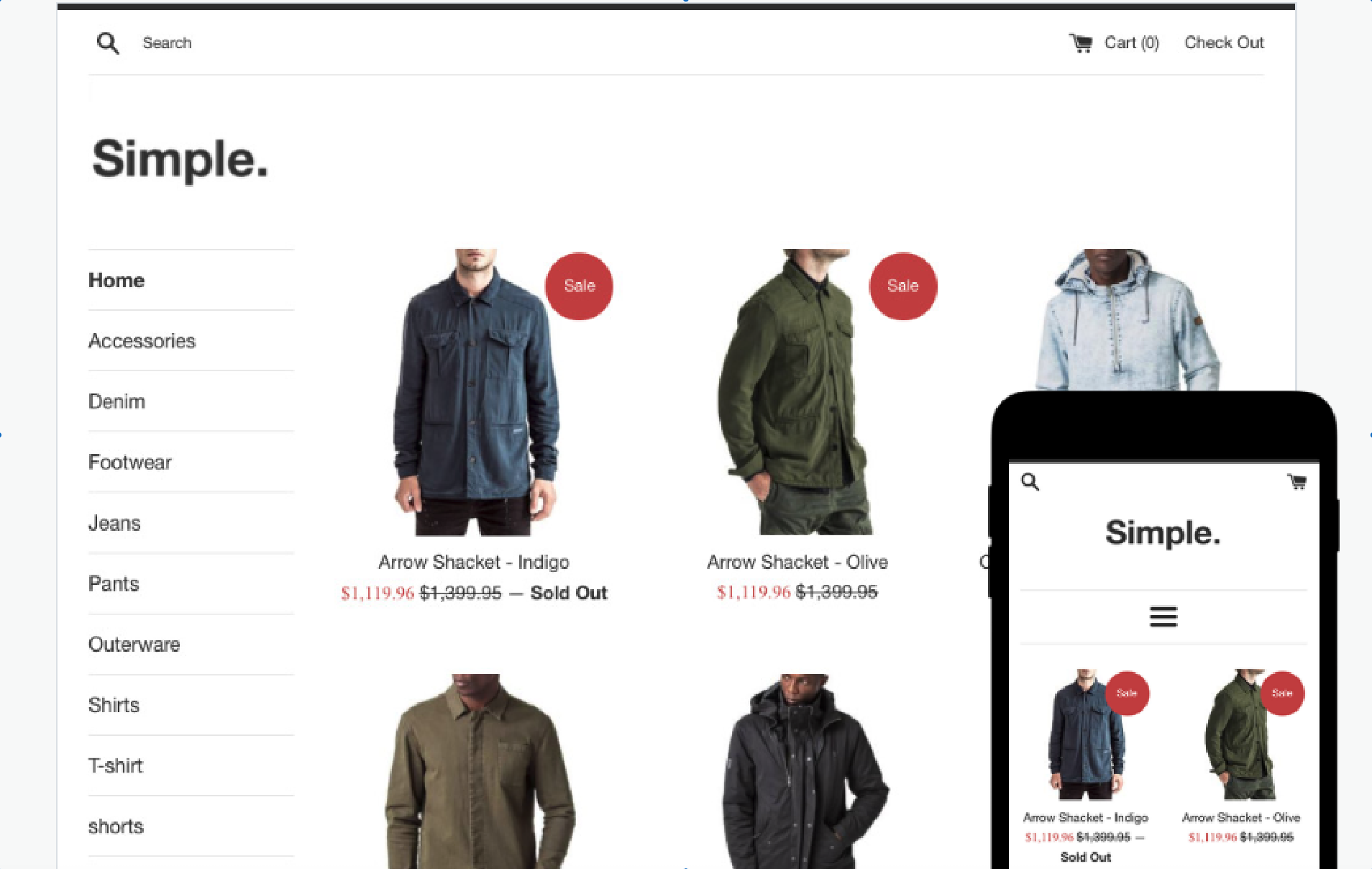


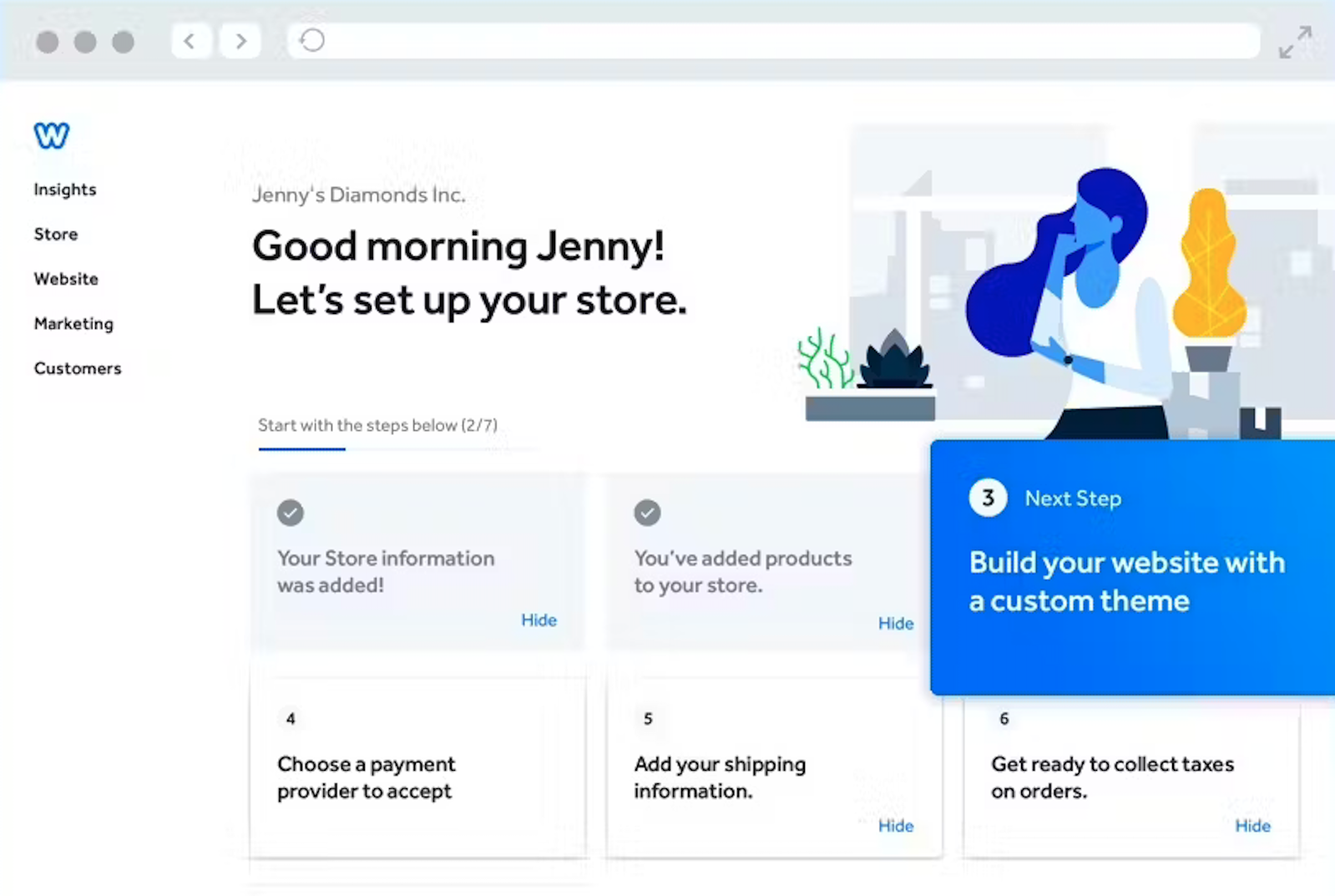
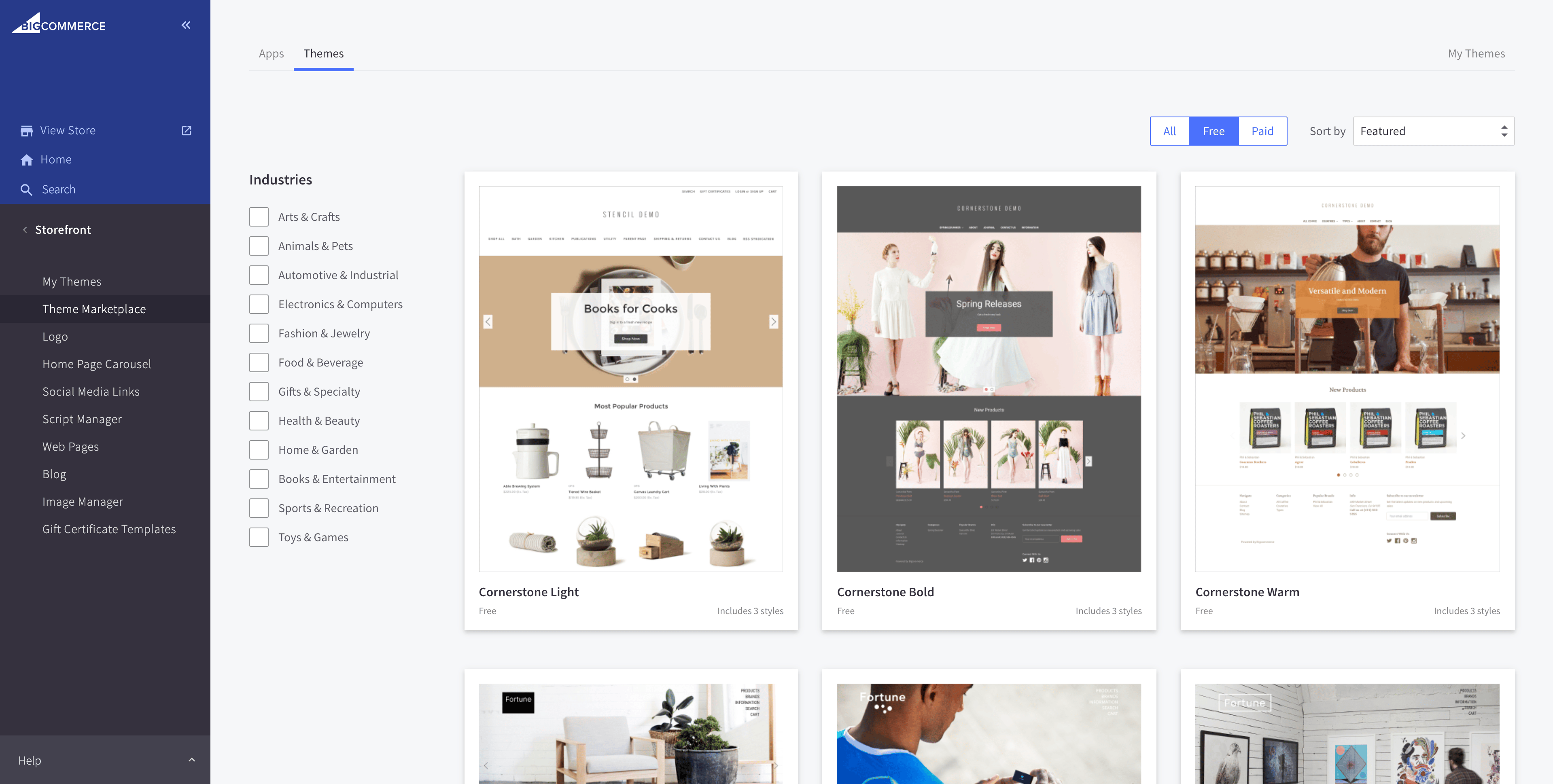
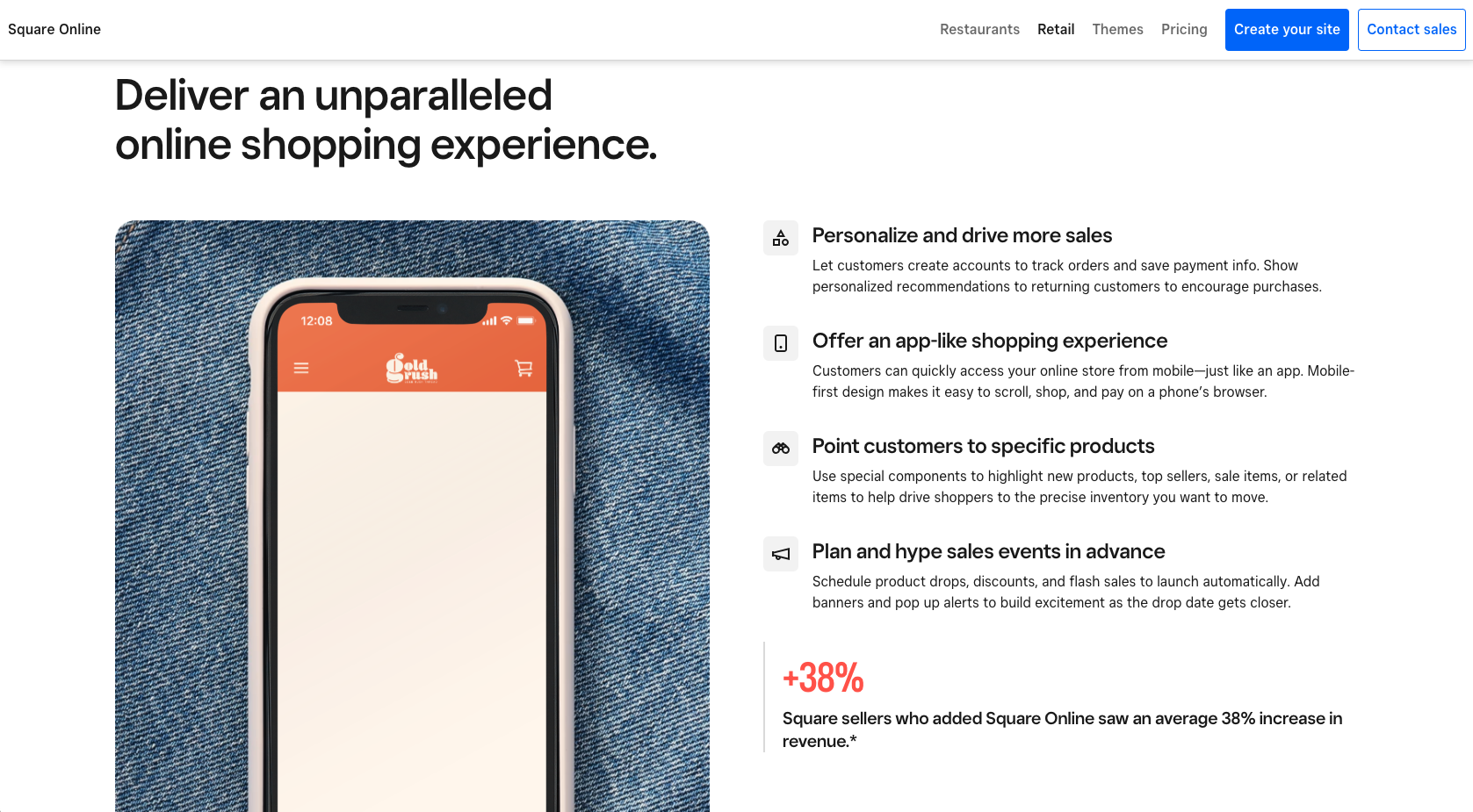

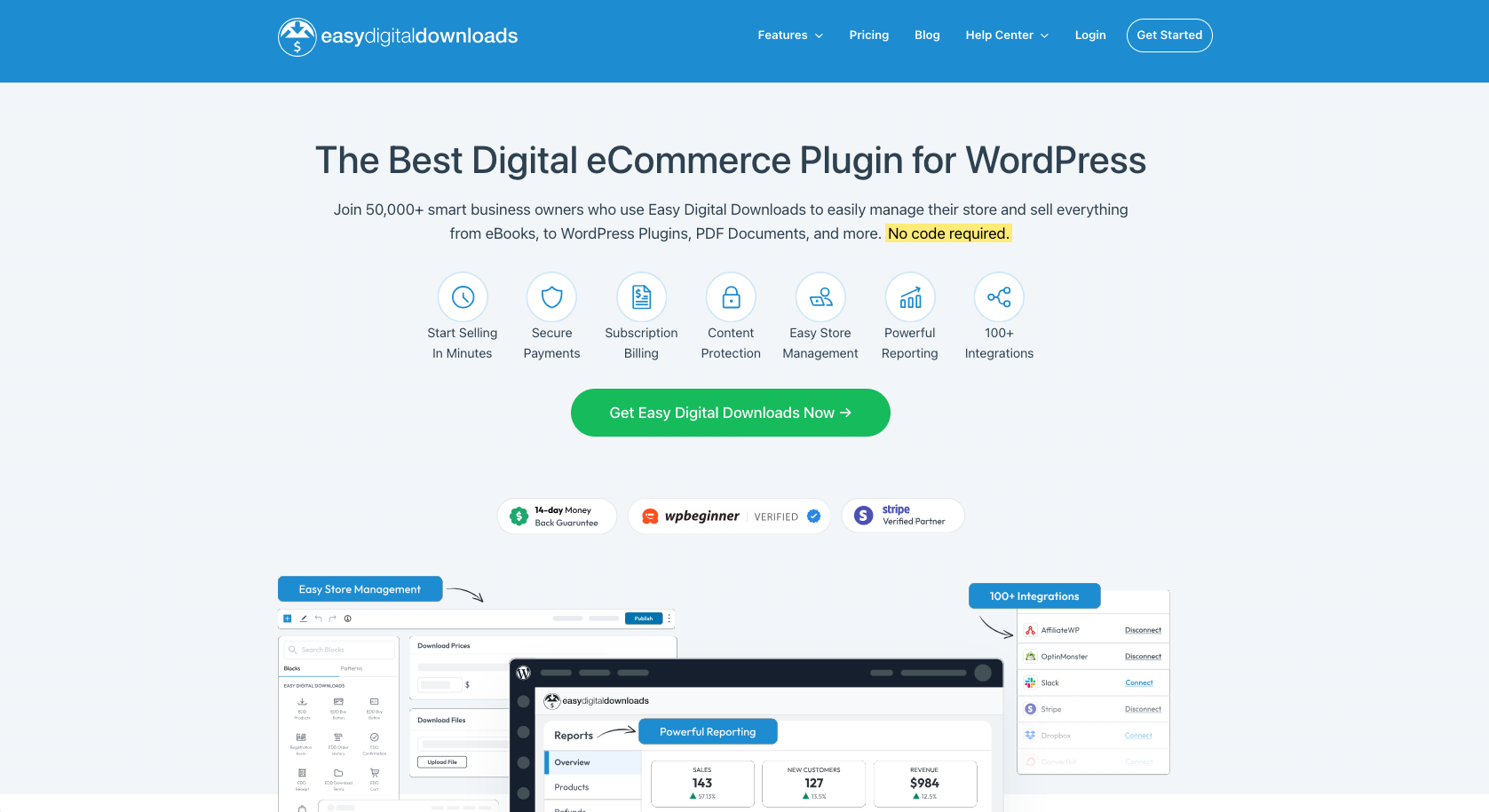
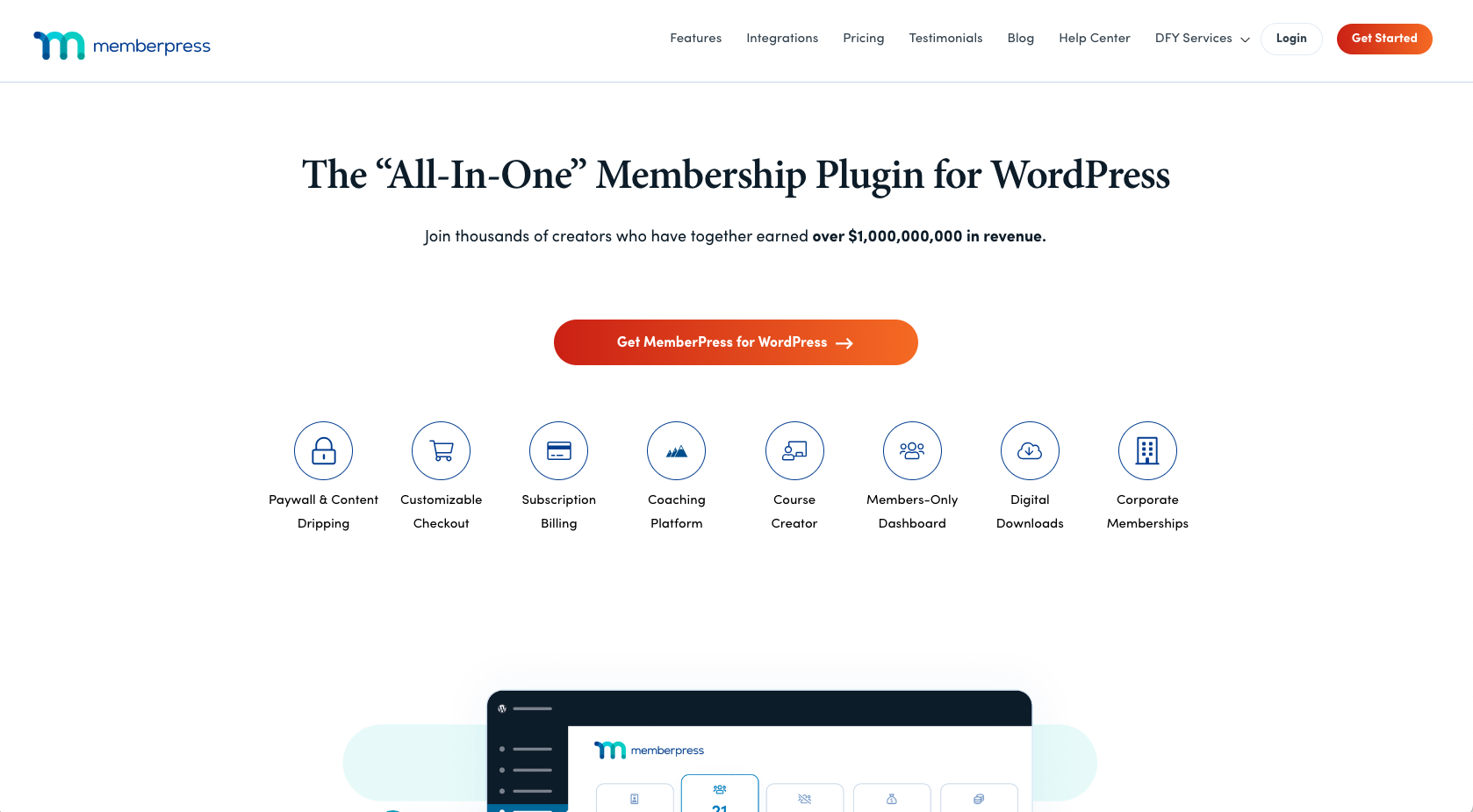

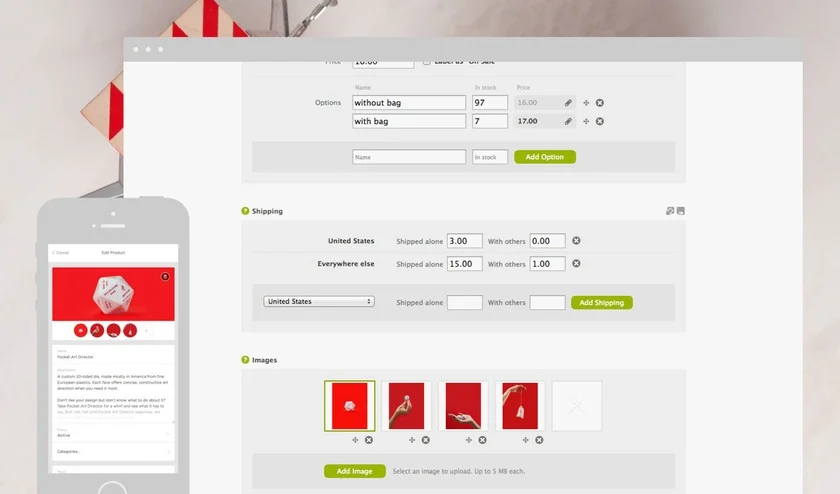





















































Send Comment: